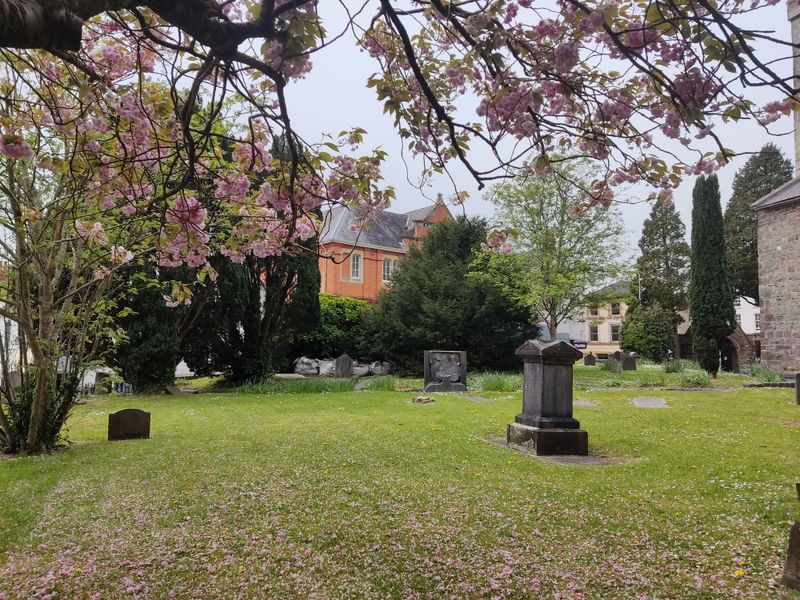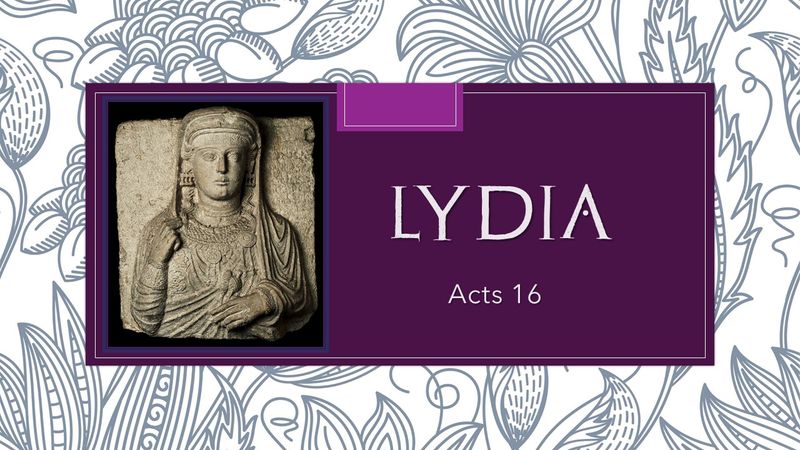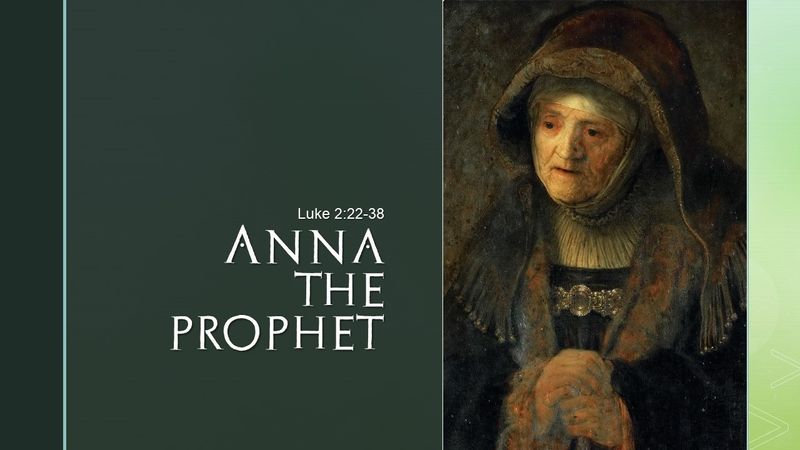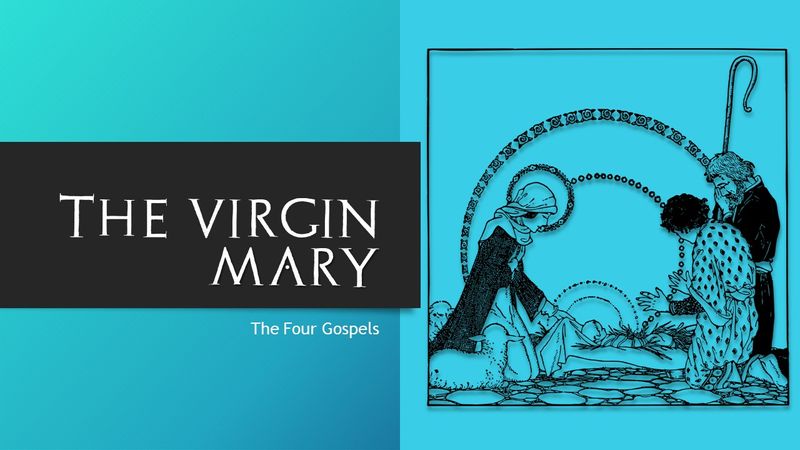What just happened?
It feels like only a week ago, China seemed to be containing a frightening epidemic, a novel virus that had reportedly escaped the body of a freshly slaughtered bat, sold live in an open-air market for wild meat. The tiny beads of blood in which it hung suspended must have sprayed into the faces of the butcher and the eager customer, readying to take their tasty morsel home, little knowing what terror they had just unleashed. Today, the whole world is swept in pandemic.
It brings home with startling clarity the reality of Pandora’s Box.
As told by the ancient Greeks, the first woman on earth was created by the gods, bestowed a gift by each, and named Πανδώρα (Pandora), “the one who bears all gifts.” Yet, Pandora herself was not a gift to the earth. She had been created as punishment to all mankind, for Prometheus had stolen the gods’ fire and given it to men.
Pandora’s gifts were beautifully evil, according to the ancient Greek poet, Hesiod. Hephaestus had created her from clay, shaping her perfectly, Aphrodite had given her femininity and Athena taught her crafts. Hermes was ordered by Zeus to teach her to be deceitful, stubborn, and curious. Finally, she was given a container, called a “pithos,” a tiny juglet used to carry precious ointments, perfumes, and the famed Royal Purple dye of Tyre.
The gods told Pandora the box contained special gifts from them, but she was not ever allowed to open the box.
Then, Hermes took Pandora to Epimetheus, brother of Prometheus, to be his wife. Now Prometheus, knowing his gift of fire to men would not go unpunished by the gods, had earlier warned his brother never to accept anything from the gods. But, when Epimetheus saw Pandora he was astonished by her beauty, and readily received her into his arms and into his heart.
Pandora tried and tried to contain her curiosity, but in the end she could hold herself no longer.
She opened the box.
Oh, what sorrows and anguish, illnesses and hardships, violence and despair, plagues on end began to scurry and fly out of the box, thickening the air with their cloud of malevolence. Frightened and horrified, Pandora struggled to clamp down the pithos’ lid, only to shut Hope inside.
That had ultimately been Zeus’ will. It was his desire to cause people hopeless suffering as just recompense for disobeying the gods.
And innocent Pandora had been his chosen means to mete out his retribution.
Just sit with that for a while.
That is the story of woman to the western world.
Can you see how the Hellenized world created a certain lens through which to see Eve?
Through which to read the Bible’s stories involving women?
Can you see how the classic Greek education all Christendom’s early theologians received would have—however unconsciously—guided their thoughts and emotions concerning women?
Pandora’s story comes down to us through Theogeny, an epic poem written by Hesiod in the 8th century BC, that’s nearly three thousand years ago, even older that the oldest fragments we have of the Bible itself. And for thousands of years, women have been viewed a certain way in the western world.
In a Pandora way.
Even when reading the inspired words contained in scripture, at first glance, it may seem as though the Bible is populated mostly with the stories of faithful men, courageous men, or nefarious men, men who were either enemies or friends of God. Mostly stories of men.
Added to the difficulty of seeing women in the pages of scripture is the effort it takes to “hear” their voices and understand their stories. The sixty-six books of the Bible itself were written largely from the male point of view, concentrating on male heroes and villains. (Only the books of Ruth and Esther focus on a woman, and neither one is written from an explicitly female lens.) Women most often become—at best—supporting characters.
Without thinking about it, we’ve accepted this point of view, and this unspoken role for women across time. We’ve accepted looking at women through men’s eyes. Really through Pandora eyes.
But a second glance reveals the stories of often-unnamed women as living faithfully and courageously for God, as well as some living powerfully and villainously against God. Regardless of whose point of view is reflected in the stories we read in scripture, women, as much as men, have contributed to the great narrative of God and humanity.
Remaining unnamed does not mean remaining without impact or legacy.
I decided to start “listening” to the voices and stories of the women within scripture’s pages from a woman’s point of view, for we know God created woman with good intent.
To woman God gave
- The power to bring forth life
- To be strength
- To have and give courage
- To provide powerful rescue to the people of earth
Adam was unable to go it alone. Only with Eve, his equal and his counterpart, bringing with her the gifts of life, love, hope, strength, courage, faithfulness, and power would Adam survive.
Together, they had the potential to thrive.
“Heroine or Villainess?” is the working title for the book soon to be released. All of the women in this book have left a lasting mark on history. Their stories are in the scriptures to encourage and exhort us as God writes His story into our own lives. May their grit and tenacity, their dignity and tragedy embolden you and me to live out our faith to the full.
For as much as women and men have for centuries gained insight, spiritual growth, and encouragement in their lives of faith through the men portrayed in the Bible, so also, men and women can gain the same bracing illumination through the accounts of women God Himself inspired these ancient writers of scripture to record.
[Opening Up Pandora’s Box | Frederick Stuart Church / Public domain]




